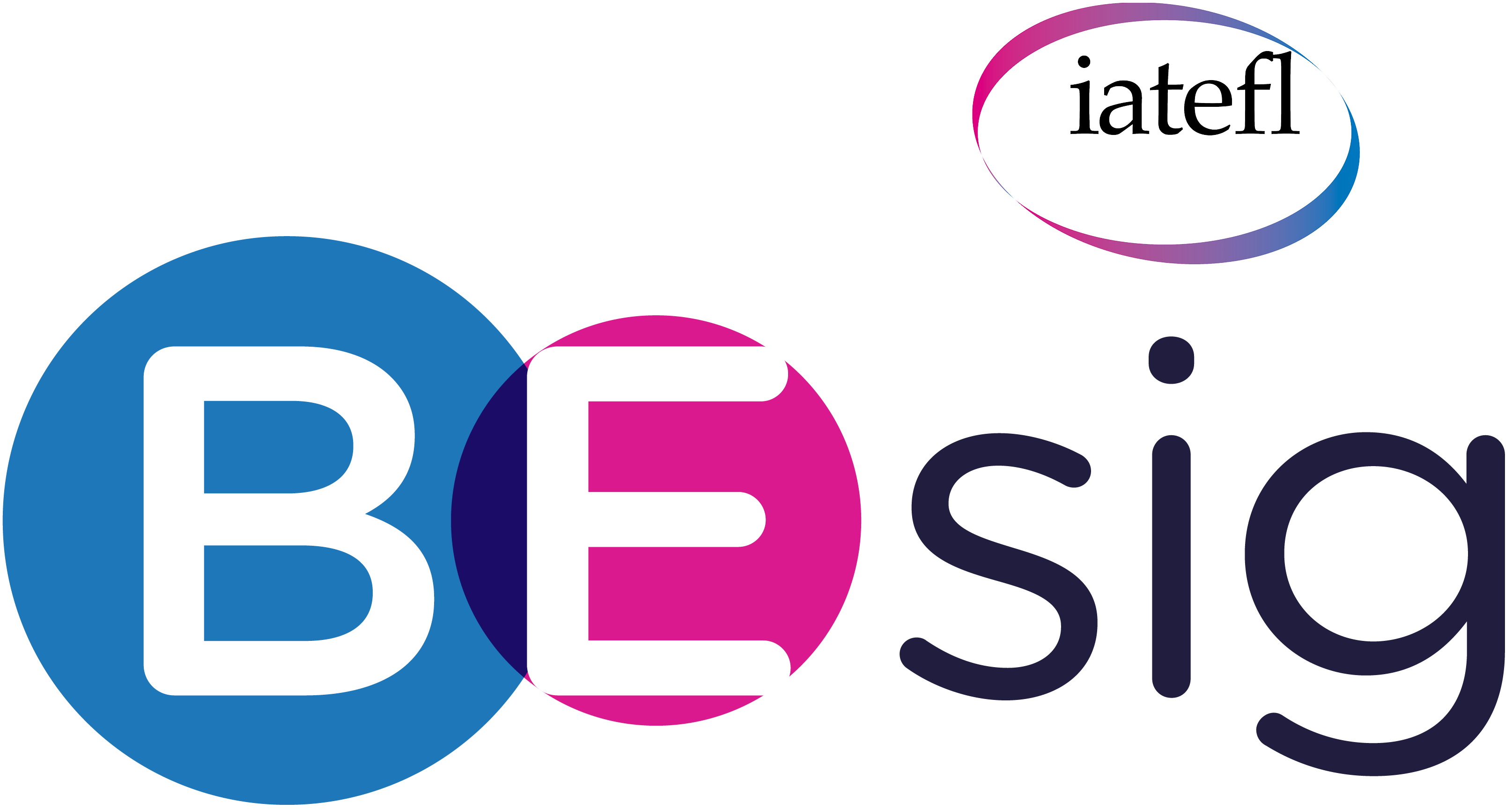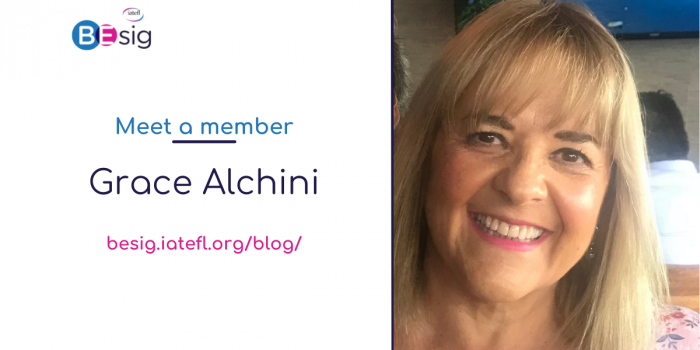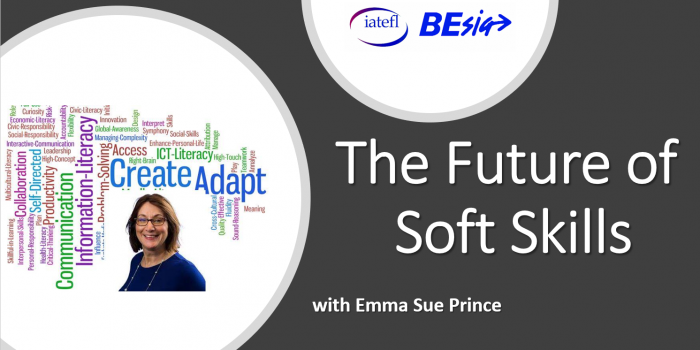
Clare Crawford
This week’s interviewee takes up down a new path: that of coaching. Clare shares her experience working as a language coach, gives advice to anyone looking to pursue coaching, and also highlights the difference between language training and coaching.
Bio: Clare Crawford is a licensed Neurolanguage® and business communications coach and trainer, based in Metz, France since 2009. She previously worked as an Advanced Skills Teacher in the UK, developing qualified teachers’ classroom practice.
How long have you been a member of BESIG and why did you initially join?
The initial blame falls squarely at the feet of Maribel Ortega! We met during a Neurolanguage Coaching certification course in 2017: she asked me if I was a member of BESIG or IATEFL and I had to confess that I knew of neither organisation. Maribel persuaded me to co-present with her at the BESIG conference in Malta in 2018. I registered as a BESIG member while writing the speaker proposal. One conference was all it took; I was hooked.
Where and who do you teach?
I am based in north-eastern France, close to the Belgian, German and Luxembourgish borders. Most of my clients are based in France with some in Luxembourg and Belgium. At the start, my clients came from very different industry sectors. However, I’m working more and more with professionals involved in change management and executive training and coaching, and it’s a fascinating area.
Have you always been a business English teacher?
No, and answering this question will make me feel very long in the tooth! I worked for five or so years in marketing and event management before retraining as an English teacher in the UK state school system. There followed 13 very happy years teaching English language and literature to 11- to 18-year-olds, as well as working with teachers to bring new technologies and teaching approaches into classrooms. When I made the move to France in 2009, I switched to teaching business English in companies.
What is the difference between a language coach and a language trainer?
Oh, this is a topic that keeps BESIG members very active each time it’s raised in a forum, either online or at a conference! For me there are three key tests to decide if you’re really in a language coaching session with an educator. If the educator decides the objectives for the overall engagement or for the session itself, it’s not coaching. If the educator is the person who chooses the resources and the activity for each session, it’s not coaching. If the individual learner is not actively engaged in choosing how they learn and practise the language at every step, it’s not coaching.
What advice would you give someone wanting to become a language coach?
My suggestion to the educator would be to know their reasons for wanting to become a coach. Knowing how you want to improve or change your current offer to the client is key in deciding which training to take. Some coaching certifications are designed specifically for language specialists, others have wider, more general applications. Some coaching training providers see coaching as a tool to be used at specific points in the language learning journey, others see it as intrinsic to the entire process. Of course, I’m addressing BESIG members here, so they already know how to think critically. I would advise anyone to talk to as many currently operating, trained language coaches as possible to find out where they received their training, how they differentiate their offer from language teaching and training offers, and the ethos informing their work with learners.
Can you tell us an activity you’d do in a coaching session which you wouldn’t do in a language class?
To be honest, I don’t think that it’s an activity per se that makes the difference between a language teaching session and a language coaching session; it’s more about the relationship between the educator and the learner. With teaching experience, we build up such a wealth of tools and resources and strategies for working with different learners and we understand that something that works with one learner won’t necessarily work with another. Giving the power and the autonomy to each learner to decide what they learn and how they learn is immensely satisfying and it leaves very little room for me to become stale. I want to ensure that the content covered in each session is directly relevant to the business learner’s needs and interests. I also want to deliver it in a way that works for that individual.
What were your personal takeaways from the 2019 annual BESIG conference in Berlin?
Steve Brown’s plenary session on the role of ELT in global society was both provocative and inspiring. On a more technical level, I thoroughly enjoyed Oksana Pelekhata’s workshop on a decoding approach to developing learners’ listening skills. Actually thinking about it, so many positive memories come back: the fresh pleasure of Helen Strong’s educator well-being and marketing strand, the myriad conversations over coffee and good cake and, throughout, that intense hum of professional passion and personal connection that makes BESIG conferences such a joy.
Questions by Mandy Welfare
Editing by Mike Canning
14th March 2020
MEET A MEMBER is available to IATEFL BESIG members and non-members alike but only features our current members. Another reason to join us and “BE with BESIG.”



